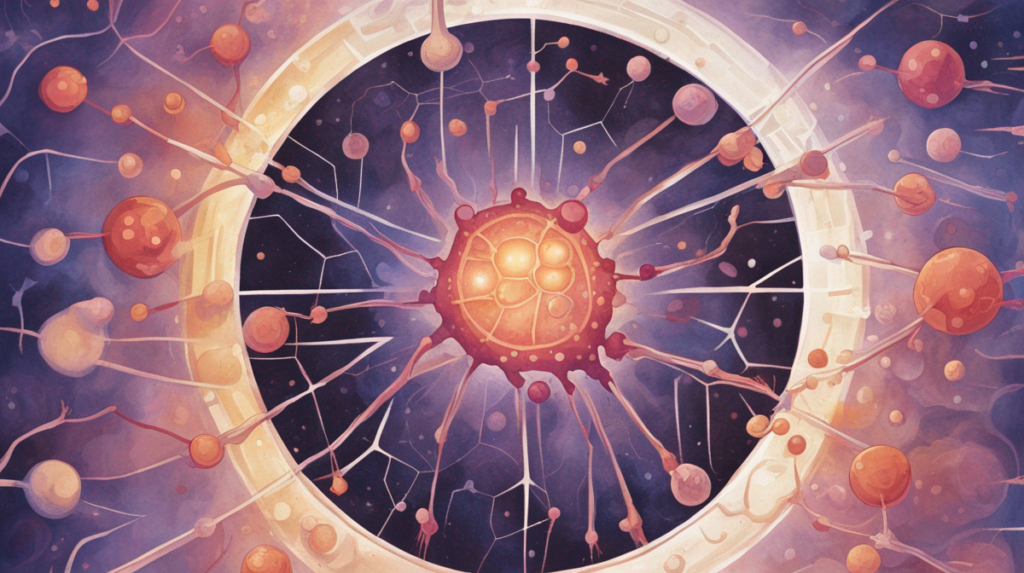Immunizations have played a vital role in human history, proving to be an essential tool in infectious disease control. Despite their significance, misunderstandings and false information abound. Let’s explore the fascinating world of immunology and debunk common myths surrounding the science of vaccination.
Understanding the Science Behind Vaccinations
Vaccines work by making our bodies believe we are being invaded by a virus or bacteria, triggering an immune response without causing the illness. This fake invasion prepares our cells for a potential future encounter with the real disease. This immunological memory is the cornerstone of vaccination, allowing our immune systems to act quickly and efficiently when the actual pathogen invades.
A common misconception is that vaccines weaken the immune system. It’s the exact opposite; vaccines strengthen the immune system by providing it with valuable intelligence about the enemy before the battle. This knowledge allows for a rapid, precise response when the true pathogen is detected.
(Read Also: The Power of Clinical Trials: Pioneering Progress in Medical Science)
Debunking Common Vaccine Myths
In the information age, myths and misconceptions about vaccination have become widespread. Let’s examine and debunk some common myths:
Myth 1: Vaccines Cause Autism
This myth originated from a 1998 study published by British surgeon Andrew Wakefield. The research was later found to be severely flawed, and Wakefield was stripped of his medical license. Multiple studies since, including one involving over half a million children, found no link between vaccines and autism.
Myth 2: Natural Immunity is Better
While natural immunity can be protective, the cost is high, sometimes life-threatening. Vaccination mimics infection without causing illness, providing substantial immunity without the dangers and health risks associated with the disease.
Myth 3: Too Many Vaccines Overload the Immune System
Our immune system continually encounters and successfully combats thousands of bacteria and viruses daily. The tiny number of antigens in any single vaccine is only a minuscule fraction of what our bodies handle routinely.
(Read Also: Decoding Addiction: Unraveling the Science, Causes, and Effective Treatment Options)
Significance of Vaccinations
Vaccines have eradicated diseases like smallpox and significantly reduced incidences of polio, measles, mumps, and rubella. Scientists are continually developing new vaccines, with recent examples being vaccines for COVID-19, showing the continuous necessity and relevance of this tool in the fight against diseases.
Vaccination isn’t only about individual protection, but herd immunity, which provides protection for those who can’t be vaccinated. Herd immunity is critical for society’s most vulnerable, such as newborns and the immunocompromised.
In conclusion, vaccines have played a significant role in our health history and continue to do so. Though misconceptions endure, science continues to prove them wrong, underscoring vaccinations’ unparalleled effectiveness against infectious diseases. Remember, when it comes to health matters, it’s critical to rely on verified scientific sources and advice from health professionals.

